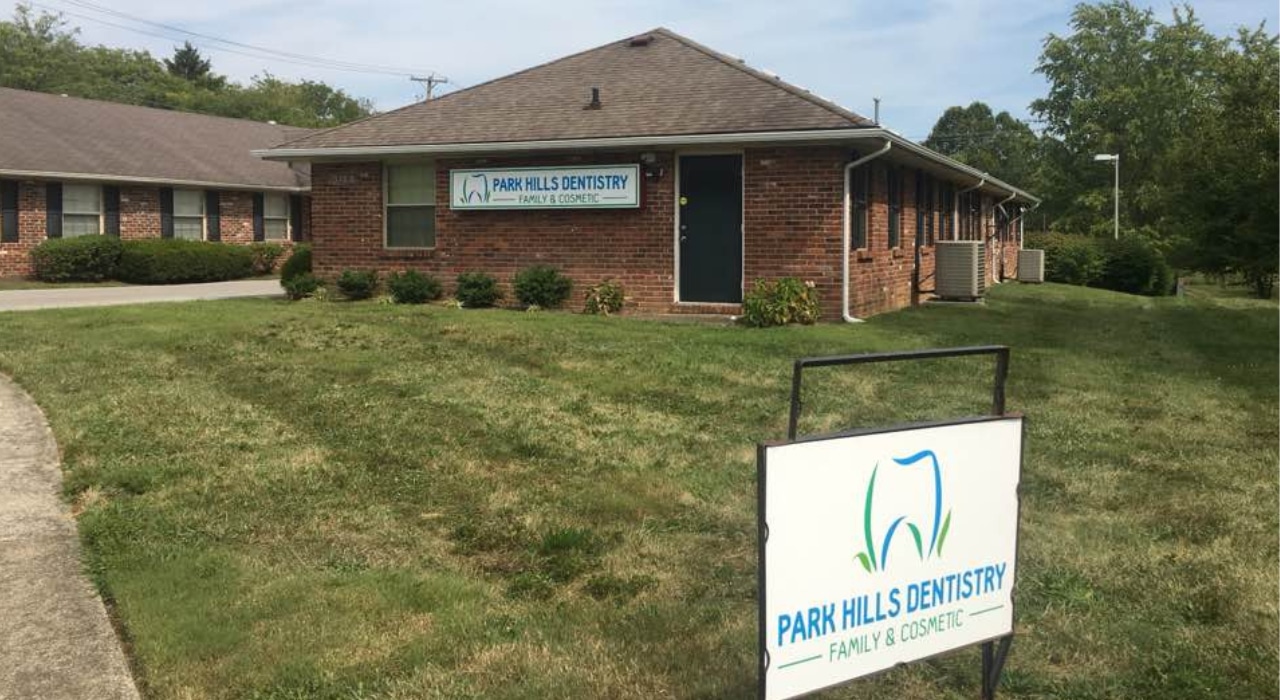How to Manage and Prevent Tooth Sensitivity
Soothing Solutions: How to Manage and Prevent Tooth Sensitivity in Lexington, KY
Tooth sensitivity can be a frustrating and painful condition that affects many people. Whether it’s a sharp pain when you sip on a hot drink or a cold, refreshing treat, tooth sensitivity can make everyday activities uncomfortable. Fortunately, there are ways to manage and prevent this condition, and the team at Park Hills Family Dentistry, recognized as the best dentist in Lexington, KY, is here to help. In this blog, we’ll explore the causes of tooth sensitivity, how to manage it, and the steps you can take to prevent it in the future.
What Causes Tooth Sensitivity?
Tooth sensitivity occurs when the protective layer of enamel on your teeth wears down, exposing the underlying dentin. The dentin contains tiny tubules that lead to the nerves, and when these are exposed, sensations such as heat, cold, sweetness, or acidity can trigger discomfort. Several factors can contribute to enamel erosion and dentin exposure, including:
Brushing Too Hard: Using a hard-bristled toothbrush or brushing with excessive force can wear down your enamel over time, leading to sensitivity.
Gum Recession: As gums recede due to gum disease or age, they expose the tooth roots, which lack the protective enamel, making them more sensitive.
Acidic Foods and Beverages: Consuming acidic items such as citrus fruits, soda, and wine can weaken your enamel and increase sensitivity.
Teeth Grinding (Bruxism): Grinding your teeth, especially at night, can wear down enamel and lead to sensitivity over time.
Tooth Decay or Damage: Cavities, cracked teeth, or worn fillings can expose the dentin, causing sensitivity in specific areas of your mouth.
Managing Tooth Sensitivity
If you’re already experiencing tooth sensitivity, don’t worry—there are ways to manage it and alleviate discomfort. Here are a few strategies you can try:
Switch to a Soft-Bristled Toothbrush: Brushing with a softer toothbrush can help protect your enamel and reduce further irritation to your gums. Be gentle when brushing, using a circular motion instead of back-and-forth scrubbing.
Use Desensitizing Toothpaste: Toothpastes designed for sensitive teeth can help block the transmission of sensations from the tooth surface to the nerve. Brands like Sensodyne are popular for providing relief over time.
Avoid Acidic Foods and Drinks: Limiting your intake of acidic foods and beverages can help protect your enamel. If you do consume them, try to rinse your mouth with water afterward and avoid brushing your teeth immediately, as this can further wear down softened enamel.
Wear a Mouthguard at Night: If you grind your teeth, your dentist may recommend a custom mouthguard to protect your teeth from the damage that can lead to sensitivity.
Fluoride Treatments: Professional fluoride treatments can help strengthen your tooth enamel and reduce sensitivity. Your dentist may recommend applying fluoride varnish or gel during your regular dental check-ups.
Address Dental Issues: If your sensitivity is caused by decay, damage, or gum disease, it’s important to have these issues treated promptly. Fillings, crowns, or gum grafts may be necessary to protect exposed areas and reduce discomfort.
Preventing Tooth Sensitivity
Preventing tooth sensitivity is often easier than managing it after it occurs. By taking the right steps, you can maintain strong enamel and avoid discomfort in the future. Here are some tips to help prevent tooth sensitivity:
Practice Proper Oral Hygiene: Brush your teeth twice a day using a soft-bristled toothbrush and fluoride toothpaste. Be sure to floss daily to remove plaque and debris from between your teeth and along the gumline.
Avoid Aggressive Brushing: Brushing too hard can damage your enamel over time. Use gentle strokes and let your toothbrush do the work. If you’re unsure whether you’re brushing too hard, ask your dentist for tips on proper brushing techniques.
Limit Acidic Foods and Beverages: Cut back on acidic items like soda, citrus fruits, and vinegar-based foods. Drinking through a straw can also help minimize contact with your teeth.
Stay Hydrated: Drinking plenty of water throughout the day can help rinse away acids and sugars that might erode your enamel. Water also stimulates saliva production, which is essential for protecting your teeth.
Use Fluoride Products: Fluoride helps strengthen your enamel and protects against tooth decay. In addition to using fluoride toothpaste, ask your dentist about fluoride mouth rinses or professional fluoride treatments.
Wear a Nightguard if Necessary: If you tend to grind your teeth at night, a custom-fitted nightguard can prevent enamel erosion and protect your teeth from wear and tear.
When to See the Best Dentist in Lexington, KY
If you’re experiencing tooth sensitivity that persists for more than a few days or interferes with your daily life, it’s time to visit Park Hills Family Dentistry. Our team will conduct a thorough examination to determine the underlying cause of your sensitivity and recommend appropriate treatments to help you find relief. From fluoride treatments to repairing damaged teeth, we are committed to helping you maintain a healthy, pain-free smile.
Contact Us
Tooth sensitivity can be a frustrating condition, but with the right care and preventive measures, you can manage and reduce discomfort. At Park Hills Family Dentistry, we are dedicated to providing high-quality dental care to help you maintain strong, healthy teeth. If you’re dealing with sensitivity or want to prevent it from occurring, schedule an appointment today with the best dentist in Lexington, KY. We’re here to help you smile confidently and comfortably!





